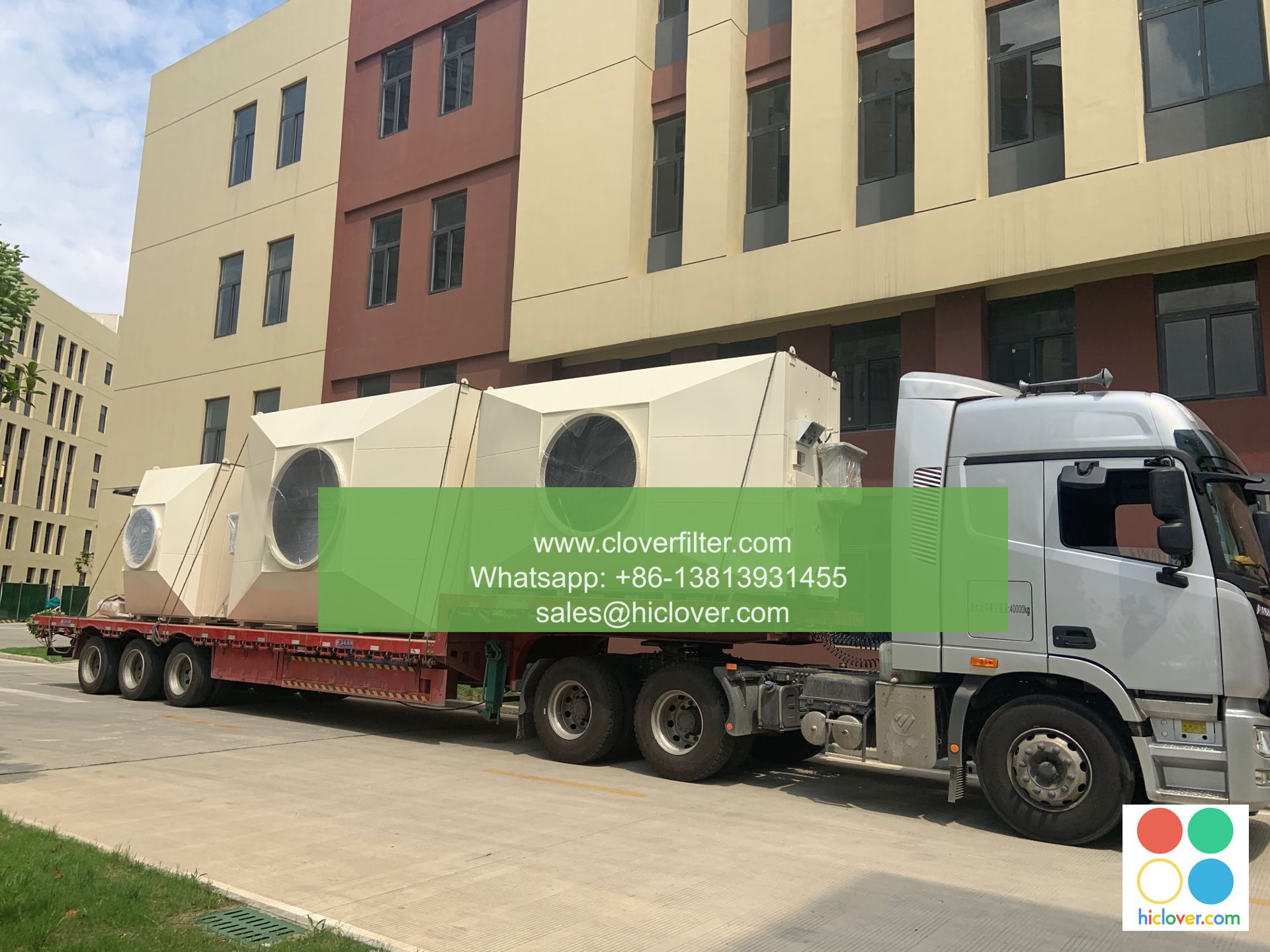Factory Air Purification Systems: A Guide to Choosing the Right One

Factory Air Purification Systems: A Guide to Choosing the Right One
Introduction
Air pollution is a growing concern in factories, with pollutants and contaminants in the air posing health risks to employees and affecting product quality. Effective air purification systems are essential for maintaining a clean and healthy indoor environment. This article provides a comprehensive guide to choosing the right factory air purification system for your needs.
Types of Air Purification Systems
There are several types of air purification systems available, including:
- Activated Carbon Filters: These systems use activated carbon to remove organic compounds, VOCs, and odors from the air.
- HEPA Filters: High-Efficiency Particulate Air filters are designed to capture 99.97% of particles as small as 0.3 microns, making them effective at removing dust, pollen, and other airborne pollutants.
- Ionizers: Ionizers use positive and negative ions to remove pollutants and allergens from the air.
- UV Lighting Systems: These systems use ultraviolet light to kill bacteria, viruses, and other microorganisms.
- Manufacturing Facilities: Manufacturing facilities can benefit from air purification systems to remove pollutants and contaminants from the air, improving indoor air quality and reducing the risk of product defects.
- Welding Shops: Welding shops require air purification systems to remove harmful fumes and particles from the air, reducing the risk of eye and lung damage.
- Food Processing: Food processing plants require air purification systems to remove airborne contaminants, ensuring a safe and healthy work environment.
- Pharmaceutical Manufacturing: Pharmaceutical manufacturing requires air purification systems to remove pollutants and contaminants, ensuring the integrity of products.
- Airflow Capacity: Choose a system with the right airflow capacity to handle your factory’s size and air requirements.
- Filter Replacement: Consider a system with easy filter replacement to reduce maintenance costs.
- Noise Level: Factory air purification systems can be loud, so look for systems with low noise levels or noise reduction features.
- Energy Efficiency: Choose a system with an energy-efficient motor to reduce operating costs.
- Certifications: Look for systems with relevant certifications, such as UL (Underwriters Laboratories) or AHAM (Air-Conditioning, Heating, Refrigeration Certification Board).
Application Areas
Air purification systems can be applied to various areas in a factory, including:
Key Features to Consider
When choosing an air purification system, consider the following key features:
Conclusion
Factory air purification systems are essential for maintaining a clean and healthy indoor environment. By considering the different types of systems, application areas, and key features, you can choose the right air purification system for your factory. With the right system in place, you can reduce the risk of health problems, improve product quality, and maintain a productive work environment.
I’m happy to help! It seems like you may have forgotten to provide a prompt for me to respond to. That’s okay! If you’re ready, please go ahead and give me a topic or question you’d like to discuss. I’m here to assist you with any questions, provide information, or even just chat. If you need some inspiration, I can suggest a few prompts to get us started:
1. “Tell me a story…”
2. “How do I…?”
3. “What’s the definition of…”?
4. “Can you summarize [topic]?”
5. “Recommend something related to [topic] or [industry]”.
Let me know how I can help, and we’ll get started!

